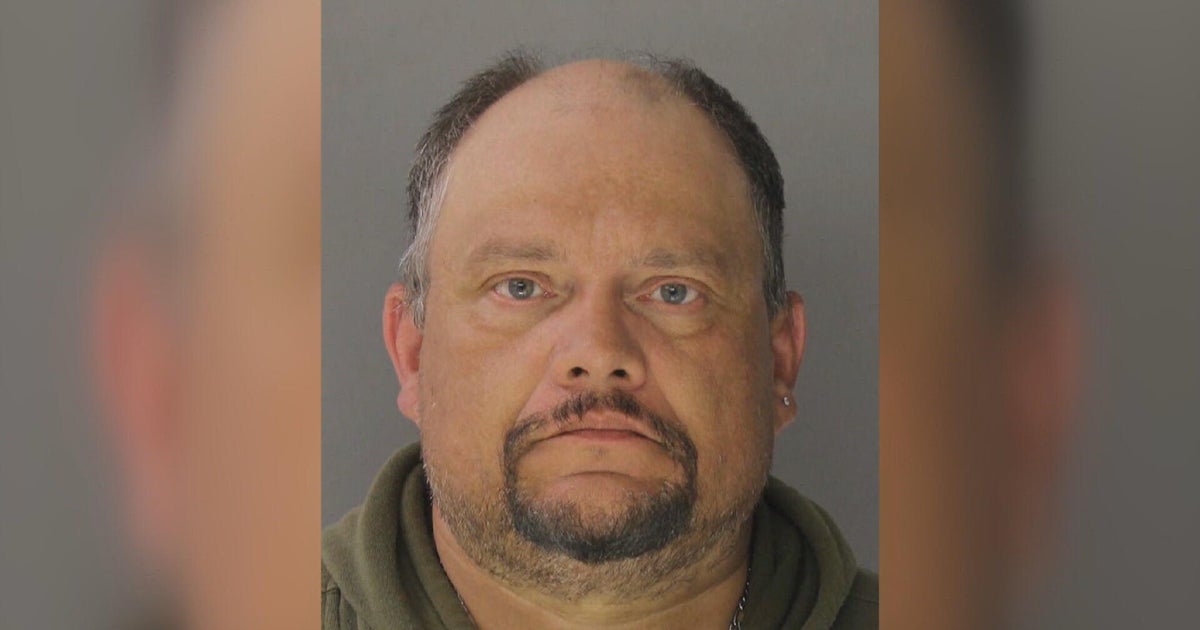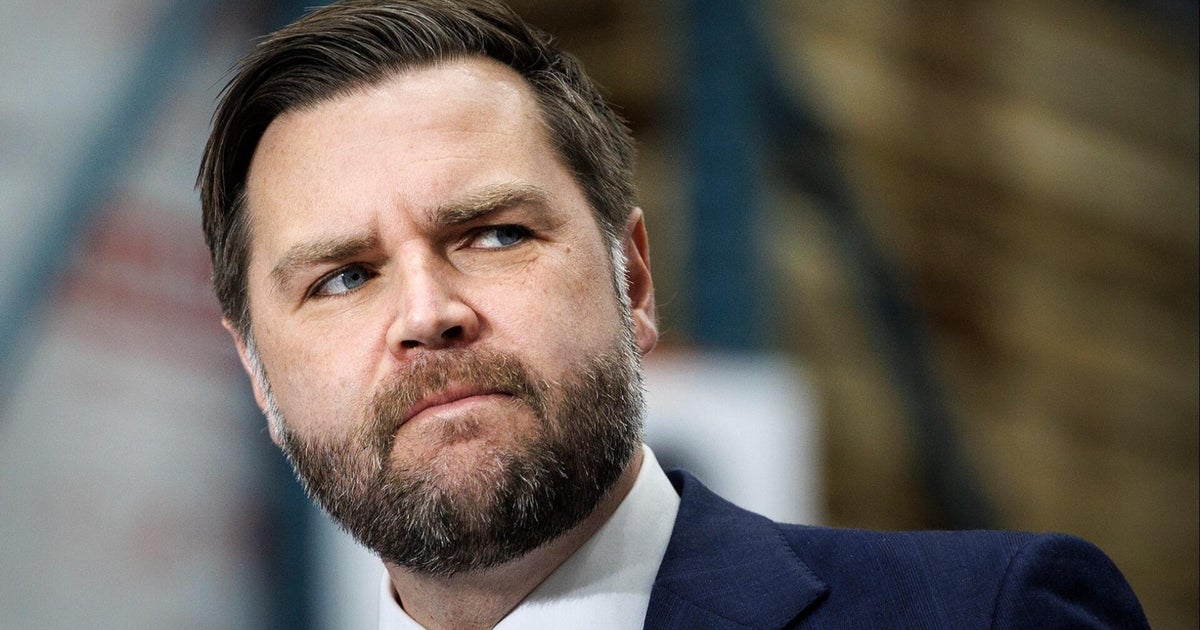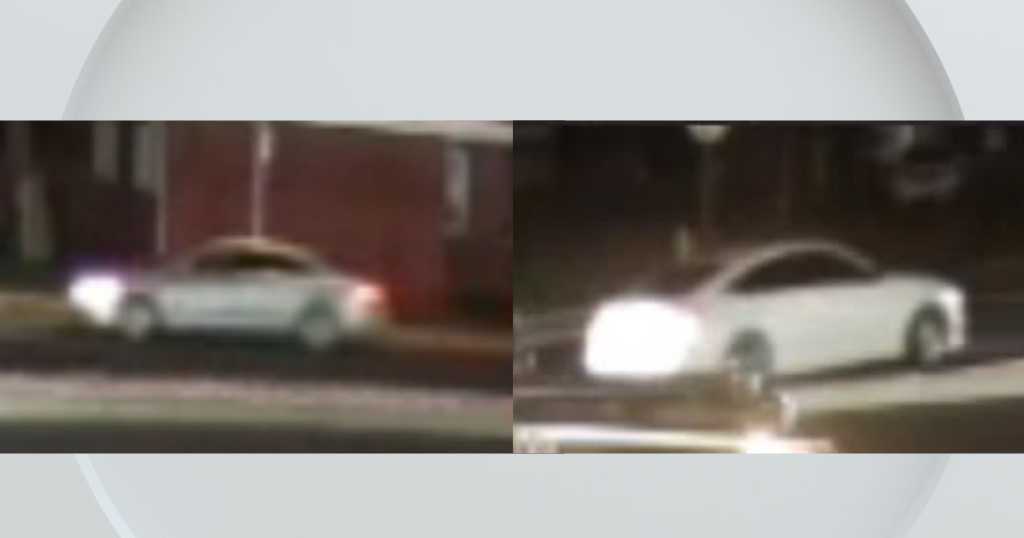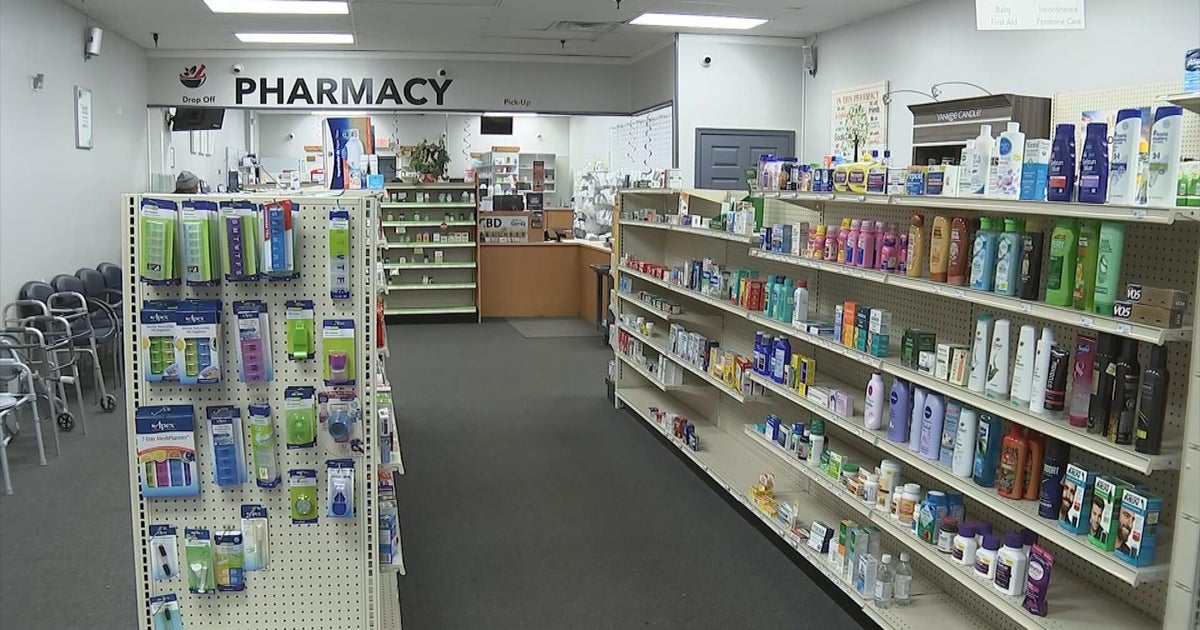Gov. Patrick Seeks $30M For Costs Of Mass. Drug Lab Scandal
BOSTON (AP) — Massachusetts Gov. Deval Patrick planned to seek $30 million to cover the initial costs stemming from a testing scandal at a state drug lab that threatens to unravel thousands of criminal cases.
The governor separately agreed Wednesday to a request from the state's attorney general to name an independent investigator to examine broader issues surrounding the now-closed lab.
Annie Dookhan, a former chemist at the Boston lab, is accused of skirting protocols and faking drug test results. She has pleaded not guilty to obstructing justice. Officials said she tested more than 60,000 drug samples involving about 34,000 individuals over a nine-year period at the lab.
Patrick will file an appropriations bill with the Legislature on Thursday to cover costs associated with the scandal for at least the next several months for the state's court system, prosecutors, public defenders and other agencies, Secretary of Administration and Finance Jay Gonzalez said in a conference call.
The money would come from one-time tax and legal settlements exceeding $10 million that are normally deposited into the state's stabilization fund, commonly known as the "rainy day" fund. If settlements fall short of the $30 million needed, the remainder would be drawn from money already in the reserve account.
Gonzalez said it was too early to pin down the ultimate cost of the scandal and said additional appropriations could be necessary in the future.
"This is a very unique situation," he said. "I think we have an obligation to address the issues associated with this and to fund the costs that agencies are going to incur."
"In so doing, we also have an obligation to the taxpayers to ensure that we aren't funding anything other than that," he added.
Coakley, who is conducting the criminal investigation into the alleged mishandling of drug evidence, asked earlier Wednesday for the appointment of an independent investigator to look into broader issues surrounding the testing scandal.
"The failure at the Hinton Lab represents a major breakdown of the criminal justice system, and I know your office shares our commitment to fixing it and restoring faith in our system," her top deputy wrote in a letter to Patrick's chief-of-staff, calling for the outside review of the policies, practices and oversight at the lab.
The governor had originally requested that Coakley, in addition to her prosecution of Dookhan, conduct the broader review of the lab to determine if failures may have impacted other cases beyond those handled by a single chemist.
Kimberly Haberlin, a spokeswoman for Patrick, said the governor felt the attorney general was capable of an impartial review of the lab's operations but nevertheless agreed to the request for the outside probe. The review would be "critical to assessing the integrity of the entire lab and ensuring the criminal justice system meets its obligations to fairness," Haberlin said.
The governor will work quickly to identify and appoint the independent investigator, she added.
Coakley will continue to handle the criminal investigation.
The call for an outside review was initially made in a letter sent to Coakley last week by several legal groups, including the Massachusetts Bar Association and the state chapter of the American Civil Liberties Union.
The groups, which stressed that the request was not intended as criticism of the attorney general, said it was important that the probe be perceived as fully independent so that public confidence could be restored in the criminal justice system.
Carol Rose, executive director of the Massachusetts ACLU, applauded Coakley's decision.
"An independent investigator must be unencumbered by any real or potential conflict of interest, with complete control over the investigation's scope, taking it wherever the facts lead," Rose said in a statement Wednesday.
Beyond the allegations against Dookhan, Rose said the scandal raised questions about whether others violated protocol, including lab employees, prosecutors and members of law enforcement.
The state's trial court has been holding special sessions to consider challenges from defense attorneys who are seeking to have sentences for clients put on hold and bail granted to defendants already serving prison time in cases in which Dookhan tested suspected drugs. Many such requests have already been granted.
Gonzalez said the $30 million, if approved by lawmakers, would go into a fund maintained by his office. Agencies seeking to draw from the fund would have to submit documentation showing the request was directly related to the drug lab crisis.
The Legislature has ended formal sessions for the year, complicating the process of passing the bill. The measure could be approved during an informal session, but a single objection from any lawmaker would scuttle such a plan and force the measure to wait for resumption of formal sessions in January.
Gonzalez said he had spoken Wednesday with the leaders of the House and Senate Ways and Means committees and was hoping for speedy action.
Copyright 2012 The Associated Press.







